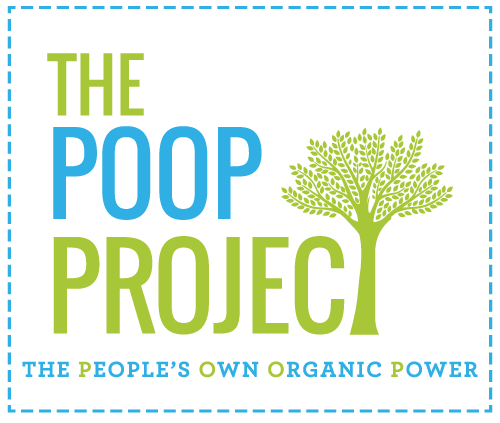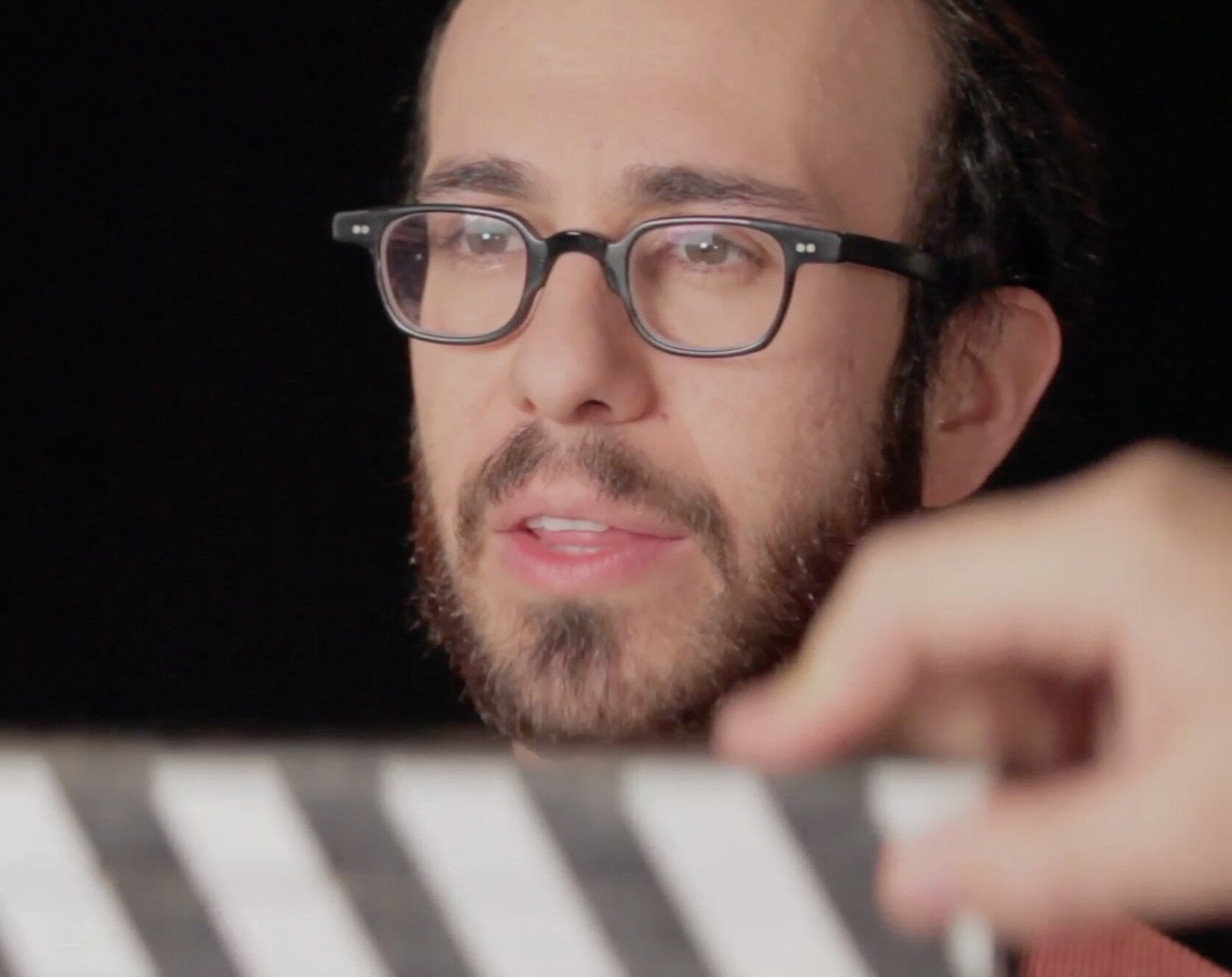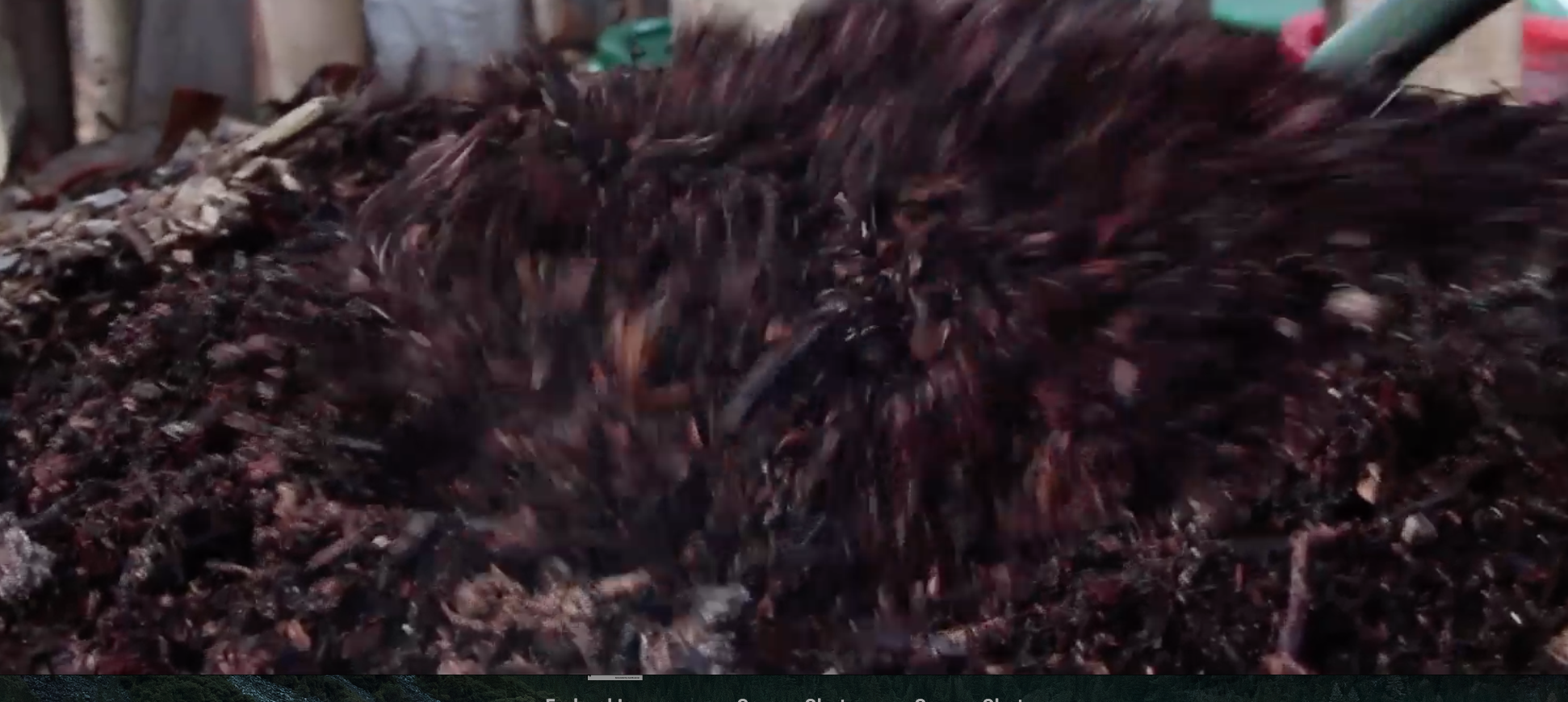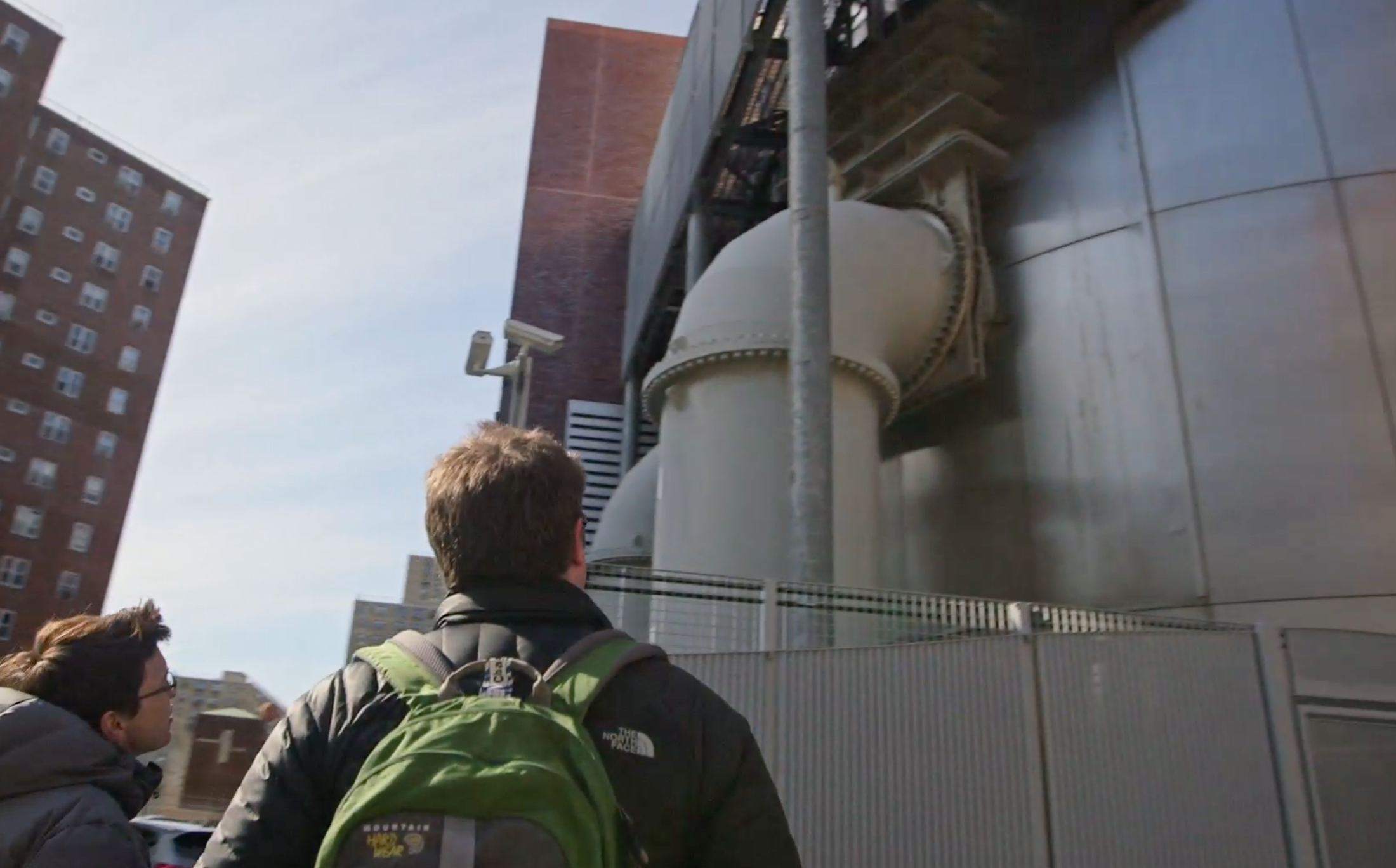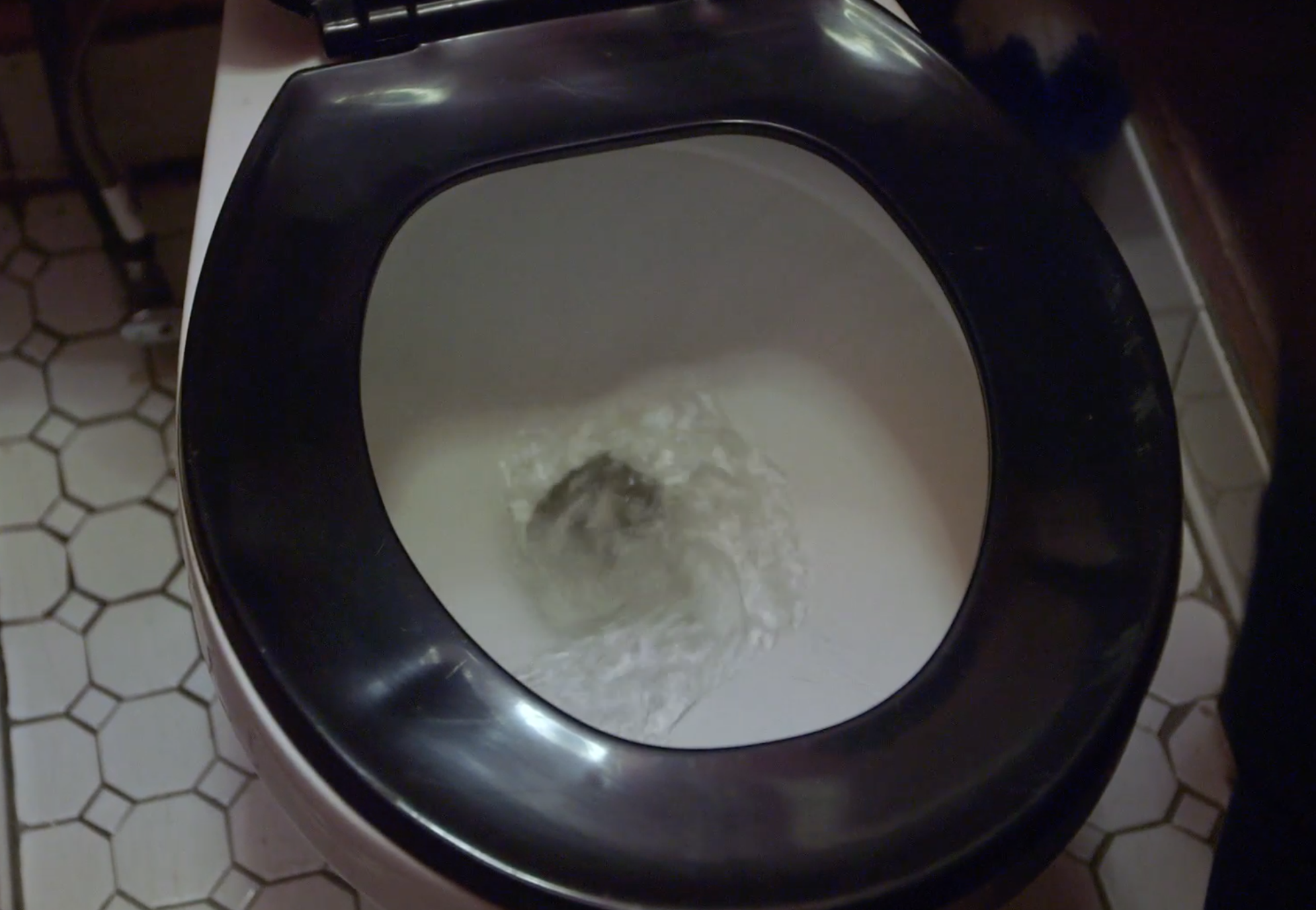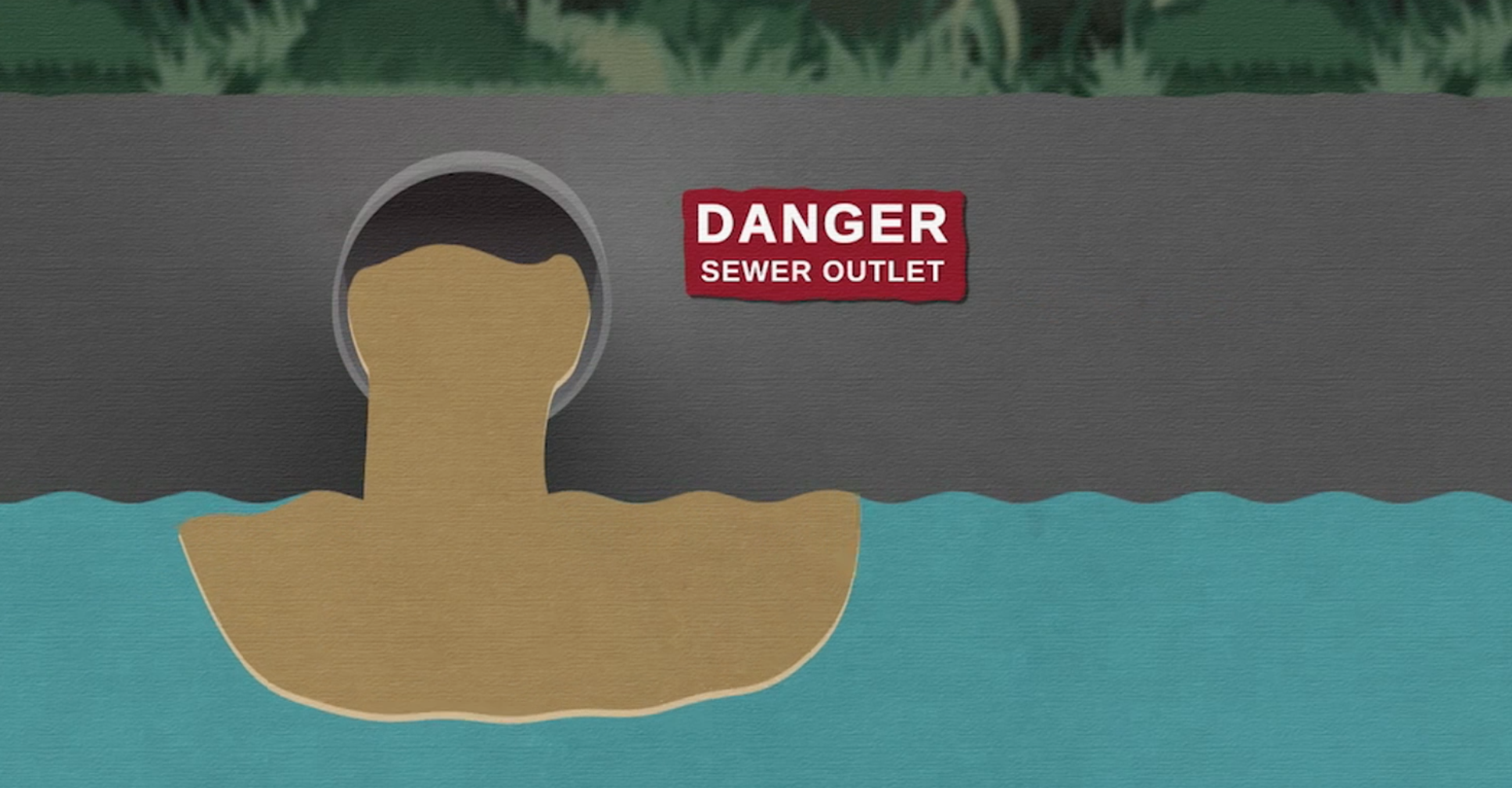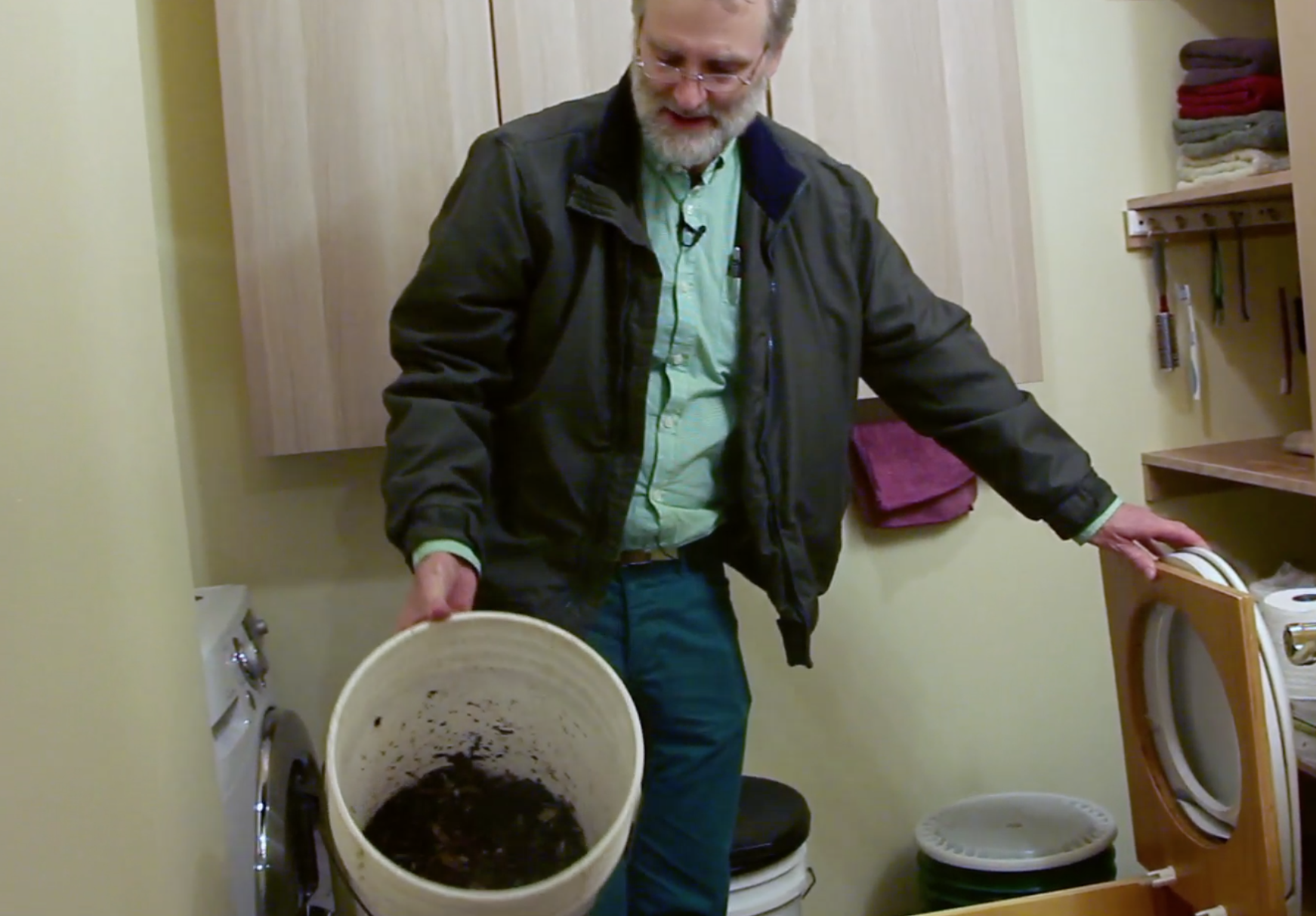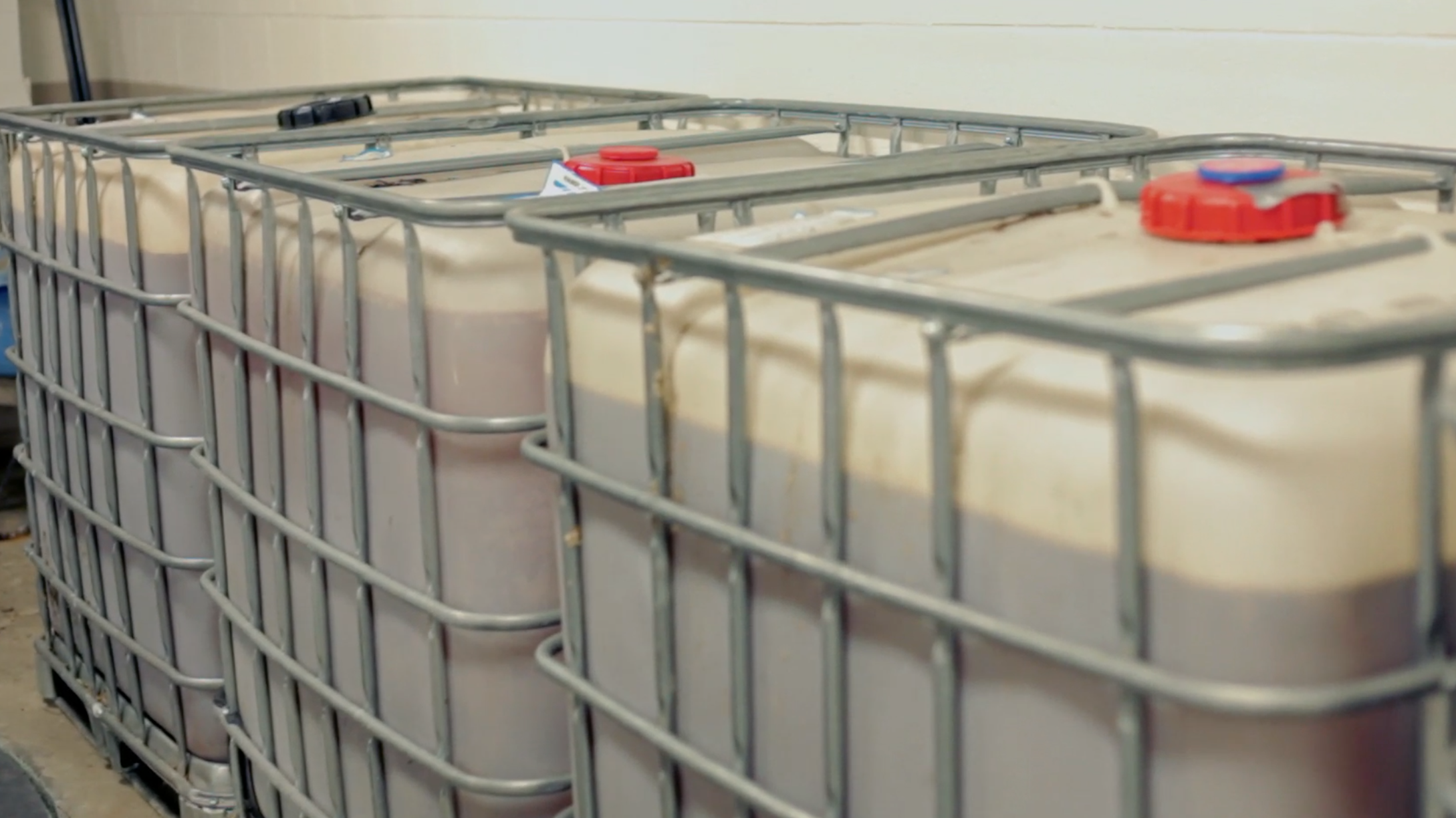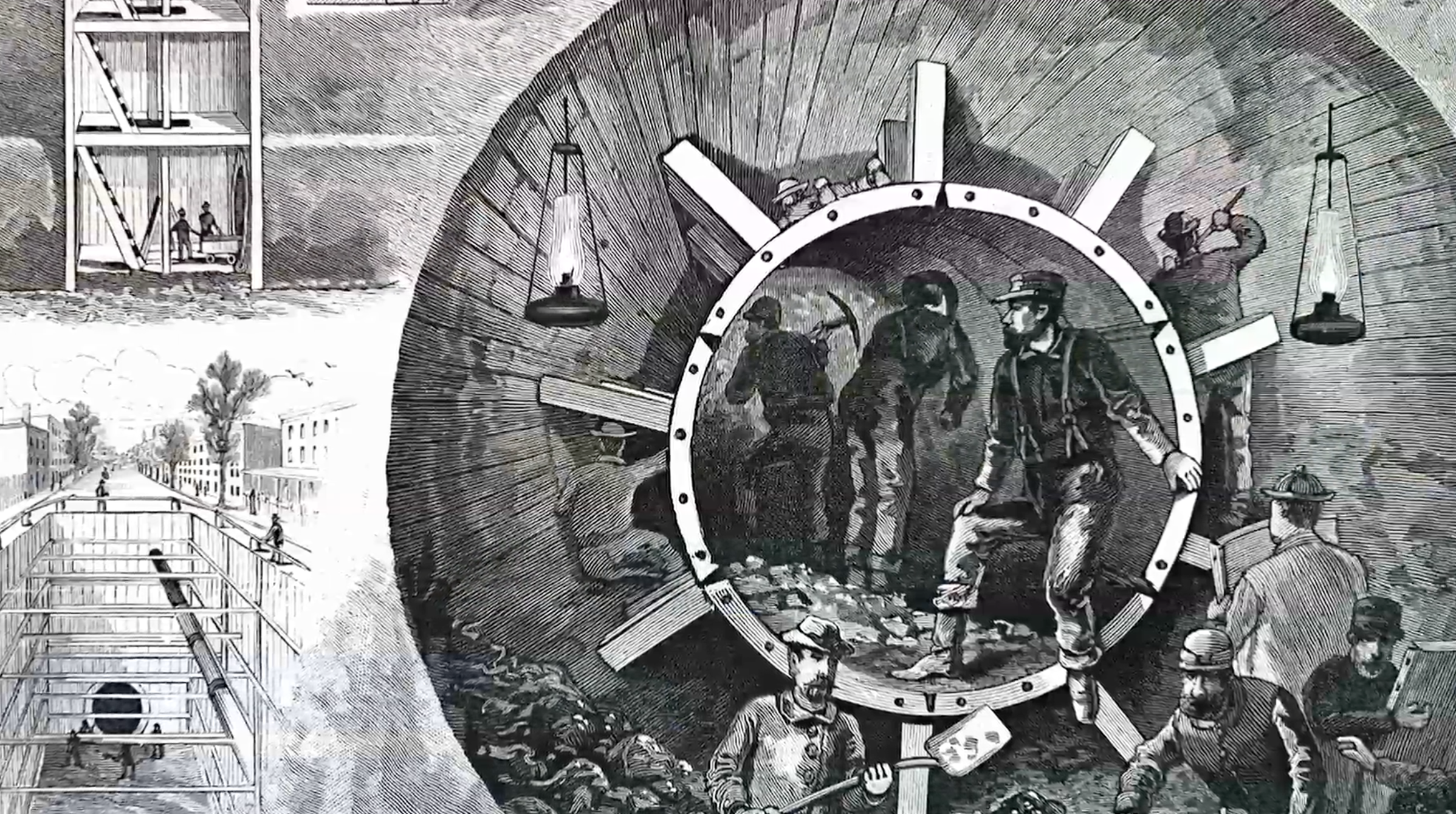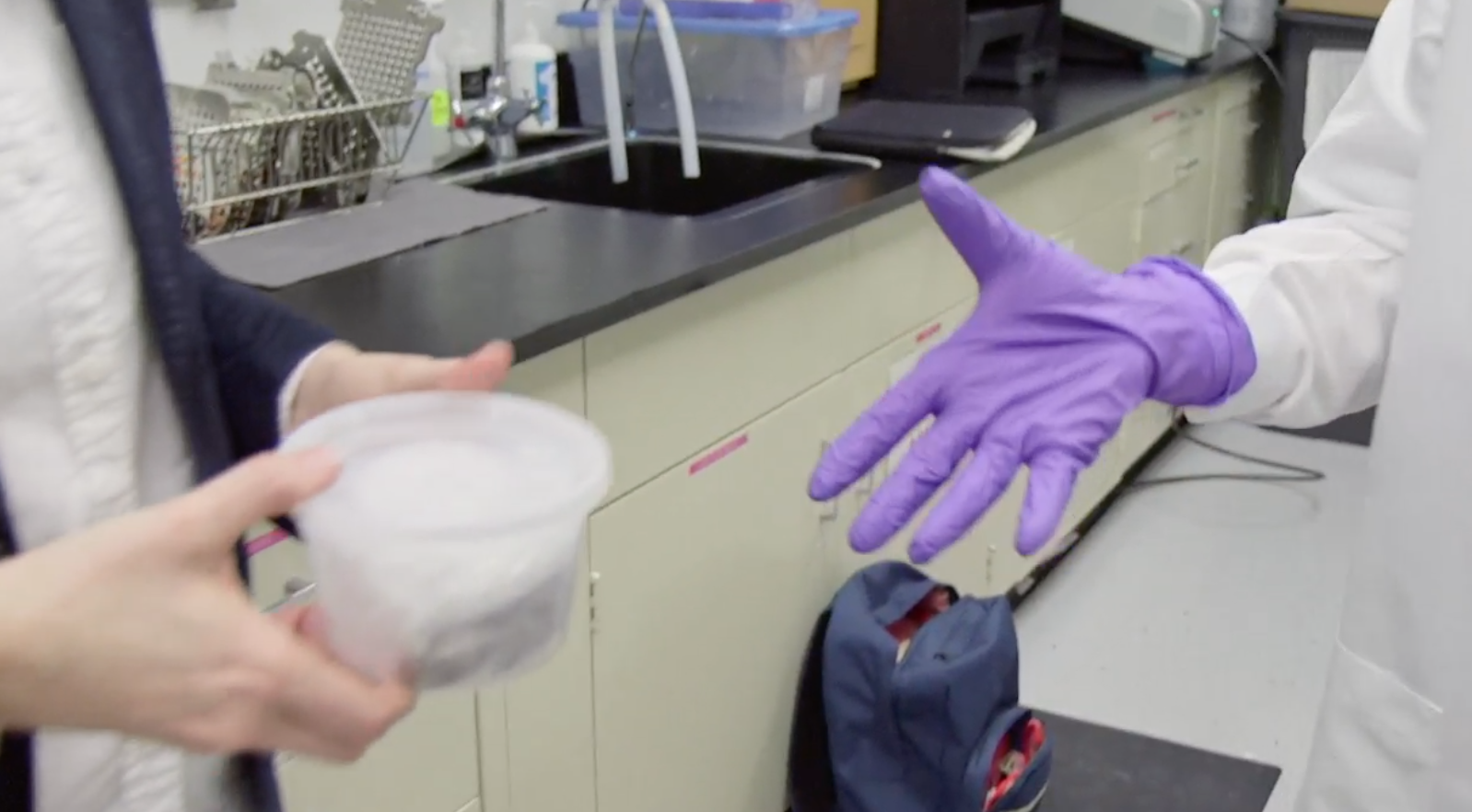Poop & Health
What’s In My Gut?
The composition of our poop is closely related to our health and well-being. Our guts contain all types of bacteria, however, there must be a balance. This section explores C. Diff and other bladder and bowel related illnesses, and how fecal transplants can help restore our microbiome to balance.
Fecal Transplantation
C. diff, or Clostridium difficile, is a bacterium that can infect the bowel and cause diarrhea. Those experiencing C. diff have symptoms ranging from diarrhea to inflammation of the colon. Often, antibiotics can be used to treat C. diff patients. In some cases, fecal transplantation is used.
One organization assisting patients in fecal transplantations is Open Biome, a non-profit medical research organization. Here, human fecal material is collected, processed, and made into pills. These pills allow for the stool from a healthy donor to be transferred into the gastrointestinal tract of a C. Diff patient to help repopulate ones colon with healthy bacteria.
What Does a Healthy Poop look Like?
The Bristol Stool Chart was developed in 1997 at the Bristol Royal Infirmary as a diagnostic medical tool for conditions like Irritable Bowel Syndrome. A normal healthy poop should be Type 3 or Type 4. We don’t often spend much time looking at our poo... often we want to flush and get rid of it as fast as we can. But your poo can tell you a lot about how healthy you are. Try tracking your poops for a week and see what you can learn! Things to observe include time of day, color, smell, texture, sinking or floating, quantity, and food. Some more information about keeping a poop journal and what all these different things mean can be found here.
